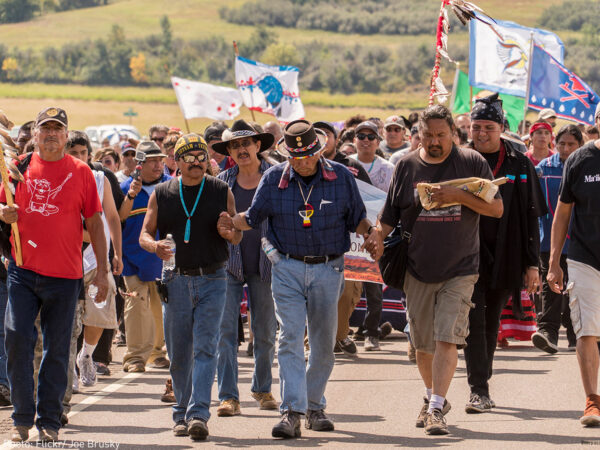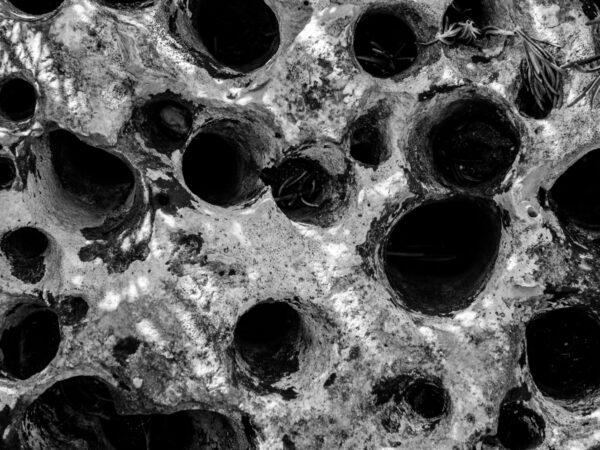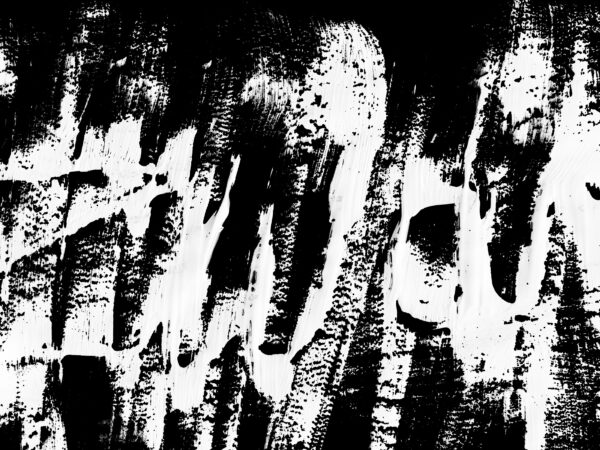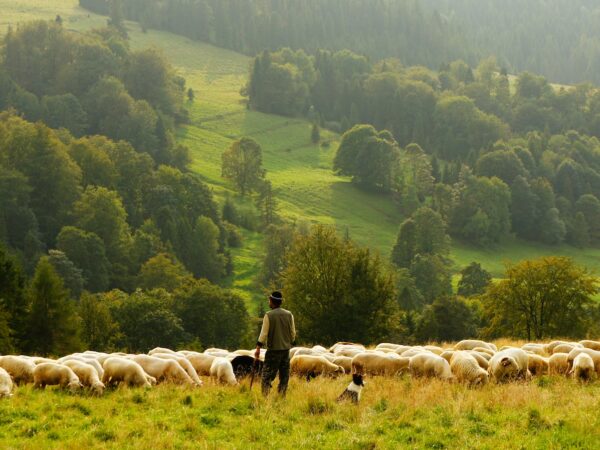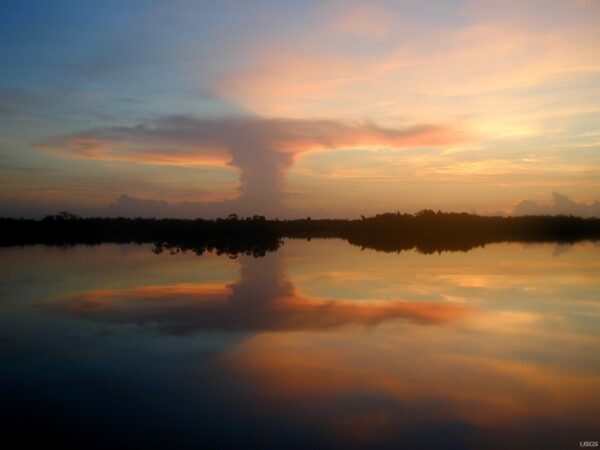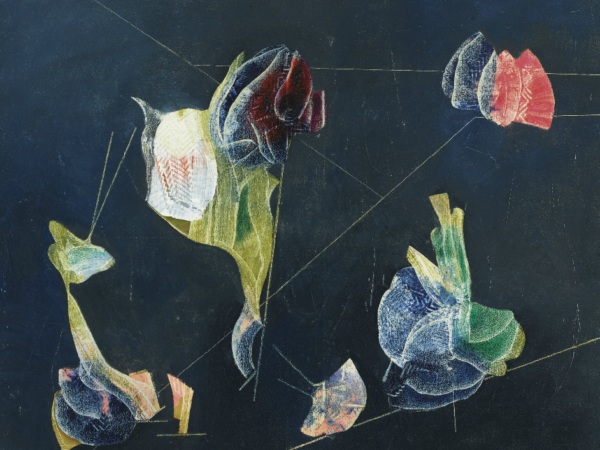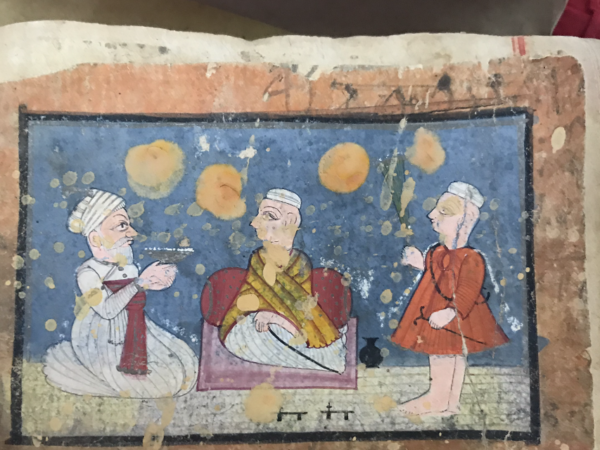
The following includes an introduction and an excerpt from an interview by Prashant Keshavmurthy (Associate professor of Persian-Iranian Studies at McGill University) with Dalpat Singh Rajpurohit (Assistant professor of South Asian Studies at the University of Texas at Austin). The discussion features Rajpurohit’s new book, Sundar ke svapn: ārambhik ādhuniktā, Dādūpanth aur Sundardās kī kavitā (2022).
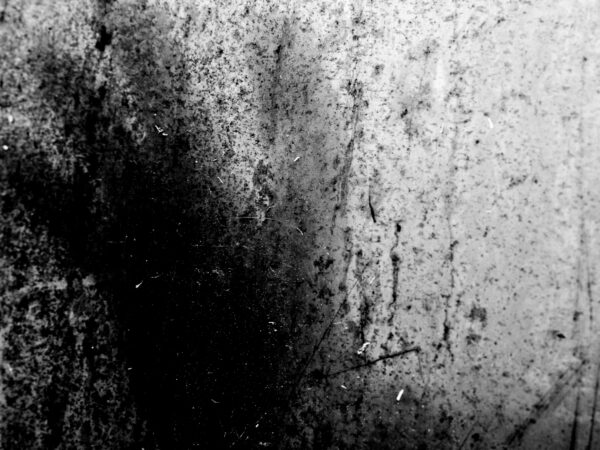
“Instead of neatly separating the forms of resistance to biosovereignty into life-affirming struggles and necroresistance and mapping them (and life and death) onto the reform/revolt dichotomy, I suggest that we conceive life and death as relational rather than oppositional categories. For every differentiation and intensification of death creates new possibilities of life; and every differentiation and intensification of life entails experiences of “death” that cannot be reduced to the power of one’s death.”
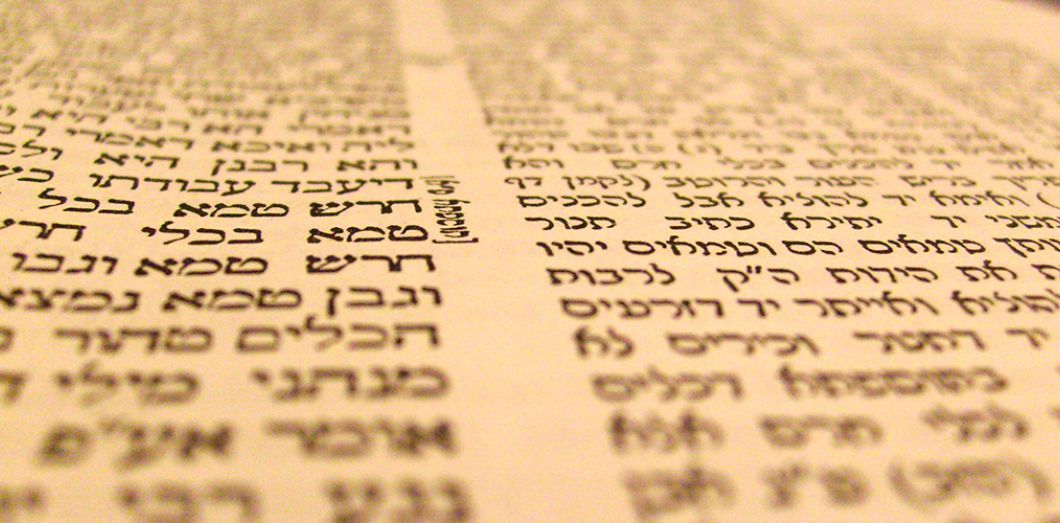
If religious norms are considered to be rational, how are they different from secular ones? This essay revisits this question through the prism of the Jewish discourse of the reasons for the commandments.

Since the risen Christ embodies the gift of hope for those who follow the post-resurrection Christ, our reading of the Johannine narrative on the encounter between the risen Christ and the followers ought to open our hearts to encountering difference as an opportunity to replicate the gift that the followers received – openness to difference as the means by which God chooses to make God present in our world.
